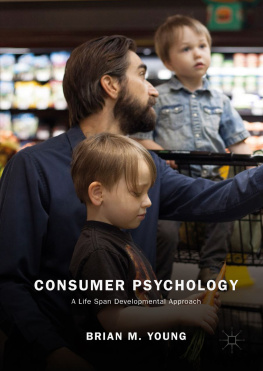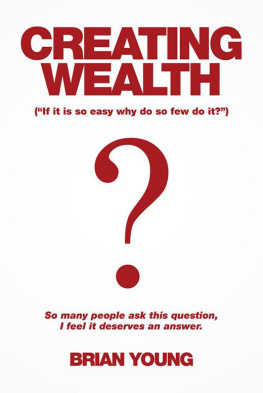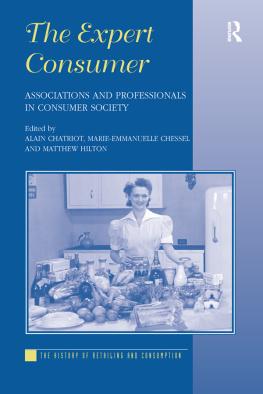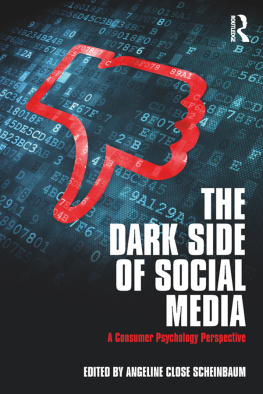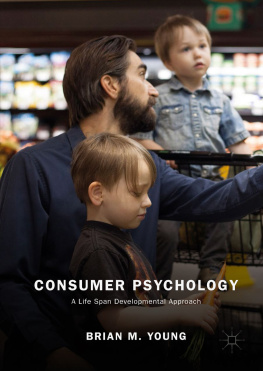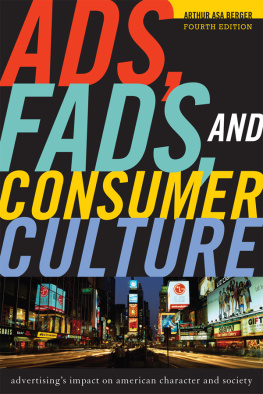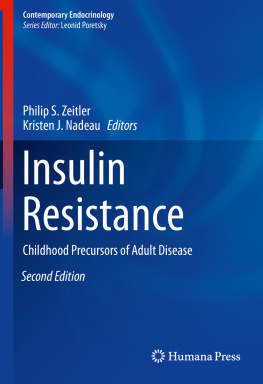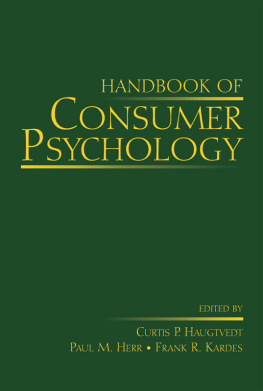Definition of Consumption
Consumption and associated terms like consumer and consumerism are prevalent in both academic literature and more popular discourse and you will find these terms in the pages of newspapers, magazines and their electronic versions without too much difficulty. My original intention was to start with a crisp definition of consumption together with a critical examination of the limitations and possible extensions of this definition and then get on with it as I tend to meander and wander through areas in my teaching, or so my students tell me. However I was attracted to a book (Ekstrm & Brembeck, ). Thats why I thought it was important for me at the outset in the Preface, to outline where Im coming from and why I became interested and involved in writing this book.
But I do think we need to define what consumption is and the Oxford English Dictionary has several definitions. The most relevant one for our purposes would be the economic one: The purchase and use of goods, services, materials, or energy (Consumption, n.d.) which is often used in opposition to production . Its important to note the pivotal role that buying has in consumption but its even more important to think of possible counterexamples to this. What about public goods , available to all? Is this an example of consumption that is freed from purchase? Public goods are usually classified on two criteria and Samuelson ( or suffering a drought in Southern Africa are considered. The existence of public goods seems to be a myth.
The tragedy of the commons (Hardin, ) is an eloquent way of describing the inevitable loss that a group of consumers suffer when allowed unrestricted use of a common resource. The example usually used is based on the meaning of commons as land providing common grazing rights for an agrarian village or crofting community. This is used as an illustrative context for the expression. The inevitable result is that self-interested individuals will graze their animals ad libitum and, as the interests of the group are commonized or spread over a number of individuals then each individual gain will be less than that individuals part-share in the loss incurred by overgrazing the common land. Result? Everyone suffers.
Consumption is often used as complementary to production as the two words go together when considering the role of goods and services in society. Production has a variety of meanings and the one that is most relevant here is production being the action or process of making goods from components or raw materials; the manufacture of goods for sale and consumption (Production, n.d.). Now these two roles complement each other in the sense that there is a need or want for a good or service then there should be some arrangement to provide it. Hopefully what you are consuming right now was originally the product of my imagination and labour and after some intermediary stages which we can call process ends up in consumption whether as a book or an electronic collection of 1s and 0s. Process however is less clear and the stages are often ill-defined. For example digital books and periodicals can be re-arranged and re-produced with little or no process to make a plagiarised product and other collections of 1s and 0s will then be marshalled to detect it and punish the offender. The drift into a digitalised environment makes the already problematic distinction between production and consumption less clear. To what extent is a pair of jeans that are manufactured and mass produced in Cambodia consumed by a young woman in England who then decides to slash them and wear them as personalised fashion garments? Should that be seen as production of a personalised item from a commodity that is available in stores or as consumption by one consumer ? Obviously the distance between production and consumption is a concept that is based on moveable end points, apart from the difficulty of interpreting what distance could mean. But that does not mean that we cant try to operationalise this idea and recent developments in what used to be called supply chains have adopted a more sophisticated global view by using the idea of commodity chains (Burr, .
A Vision of Consumption
So how do we conceptualise consumption in a way that is relevant for psychological approaches to consumption? Lets start with an individual. Psychology has been thought of as the study of individual behaviour within a cultural and social context, so that seems appropriate. This person is carrying a large bag which is black so we dont know whats inside it. We dont know the persons gender or whether that attribution is relevant in that particular cultural context, or indeed anything about him or her including where s(he) is apart from somewhere on planet Earth. What do we need to know in order to construct a consumer psychology of this person? Imagine what could be happening. She wants to get rid of some stuff she has accumulated and no longer needs and is on the way to a recycling centre. He is going shopping and this is his bag to carry merchandise and he is looking for a store thats open. Or she is in the mall and the bag is branded and very collectable and she is about to pay a lot of money for it. All of these activities and many more are consumption related behaviours and we can freeze and locate our hypothetical black bag guy (lets use the name Guy ).
Guy lives somewhere on our planet and this provides me with an opportunity to mention cross-cultural issues, both within a culture and between cultures. There are two styles of research and enquiry that are used in making comparisons between different groups of people. One, known as the etic way, attempts to establish certain universal ways of analysing culture and using these generalisations as a tool to compare and contrast. The other (sometimes called the emic approach) argues that a valid understanding about a culture can only emerge when researchers get to know the rules and regularities of a culture by immersing themselves as a participant and observer for a prolonged period of time. The former way of observing and analysing cultures tends to be used by experimental psychologists while the latter is more the province of social anthropology. They are not completely mutually exclusive however and each way has its strengths and weaknesses. Within a culture there exist differences in for example socialisation styles and family structures and these provide opportunities to identify patterns of difference and similarity. Culture is a continuum and does not obey the boundaries imposed by nation states or other polities.
There is no way of knowing what Guy is up to and this is deliberate as s(he) is meant to represent all of us and to emphasise that consumption is a process rather than a single event. Even if we did only focus on one such event and imagined a chair being drawn up and a fork spearing food on a plate, that piece of fish being eaten and consumed trails a history of commodity chains with it which it partly shares with the chips now defrosted and ready to eat as they have shared the same shelves and truck side by side in their box. We plug into goods and services with such histories in our vast market places and this has happened in the past and is happening right now across the world in different ways.
The Cycle of Consumption
It is essential to emphasise that process is key to understanding the world of consumption and I have used the term consumption cycle to do justice to the temporal and repeated sequence of events that occur continuously everywhere. The consumption cycle has been used in that sense by some authors (most recently by Cross, Leizerovici, & Pirouz, ) used the term consumption cycle when referring to consumption in particular contexts, and different ways of consumption. In addition there are identifiable states of acquisition, consumption, possession , and disposition processes which can be analysed at different levels (op. cit., p. 871). Here now is my own contribution of the stages of consumption informed by the authors mentioned above.

